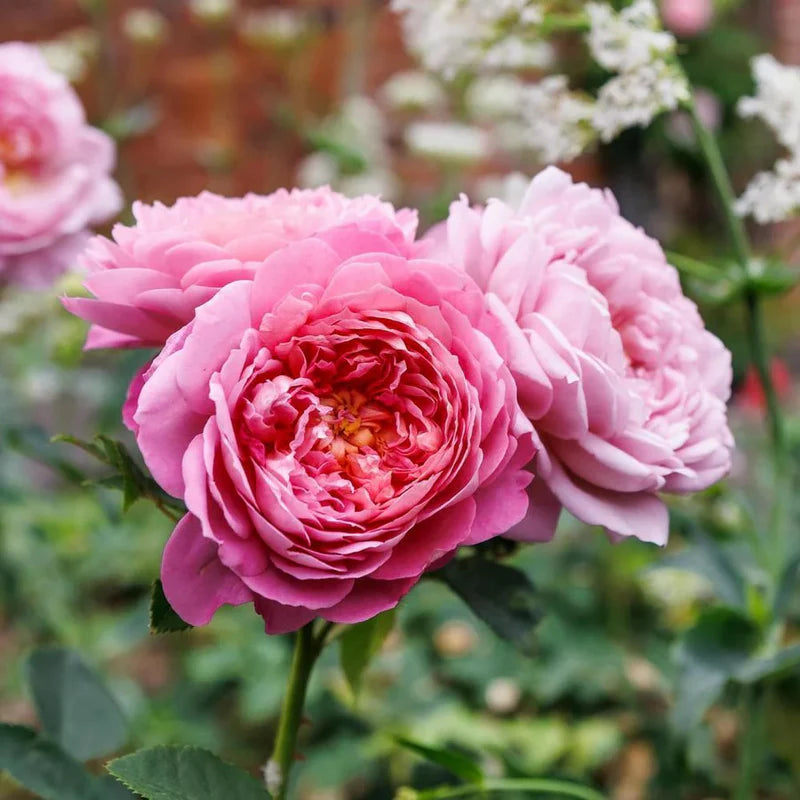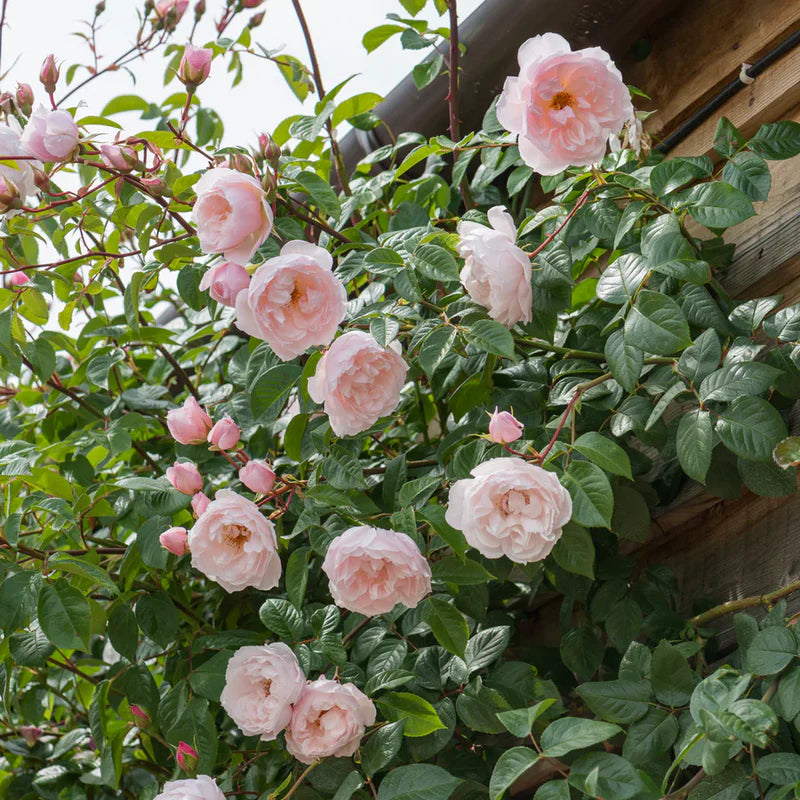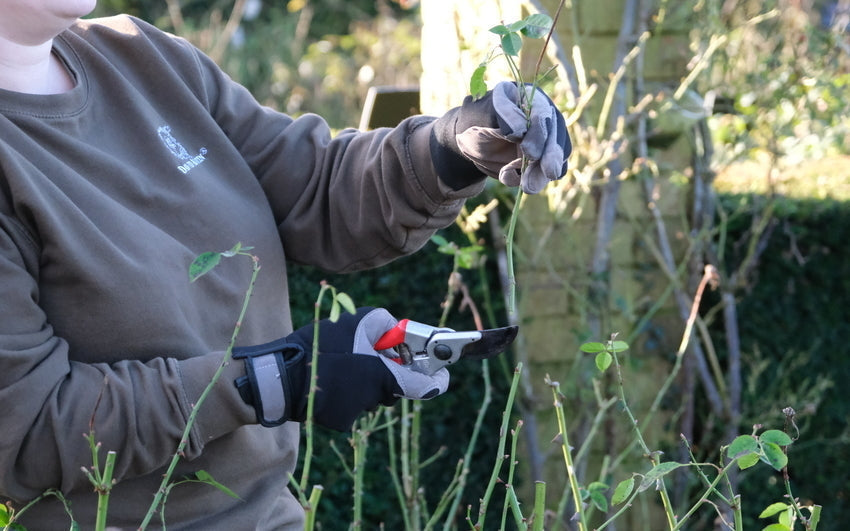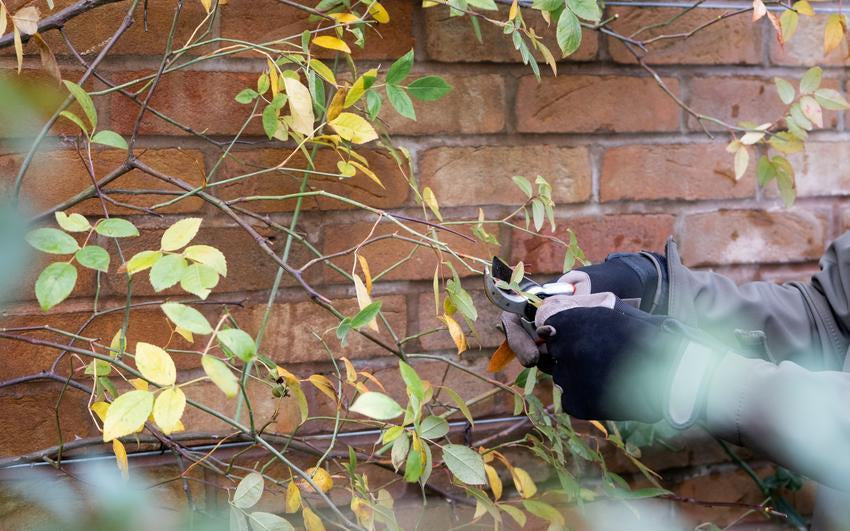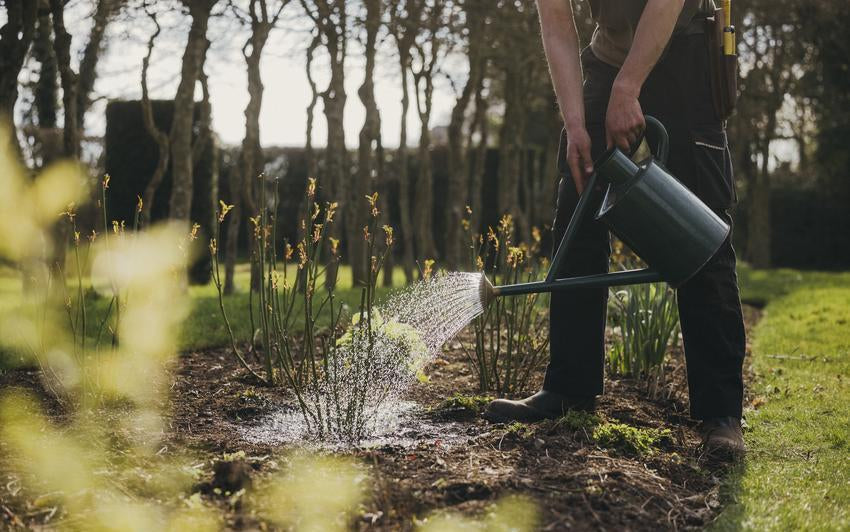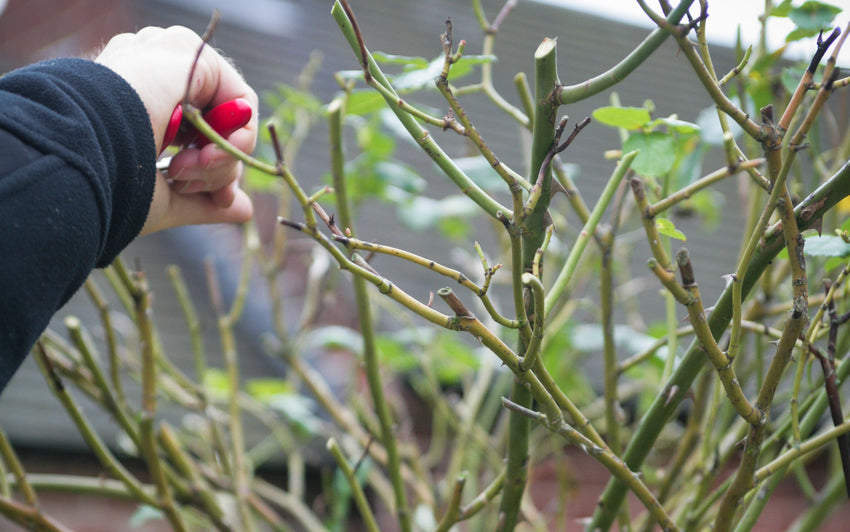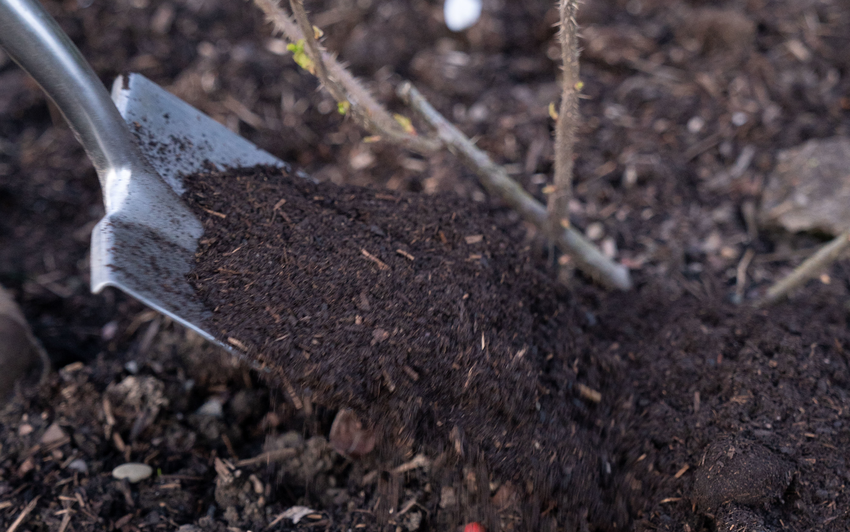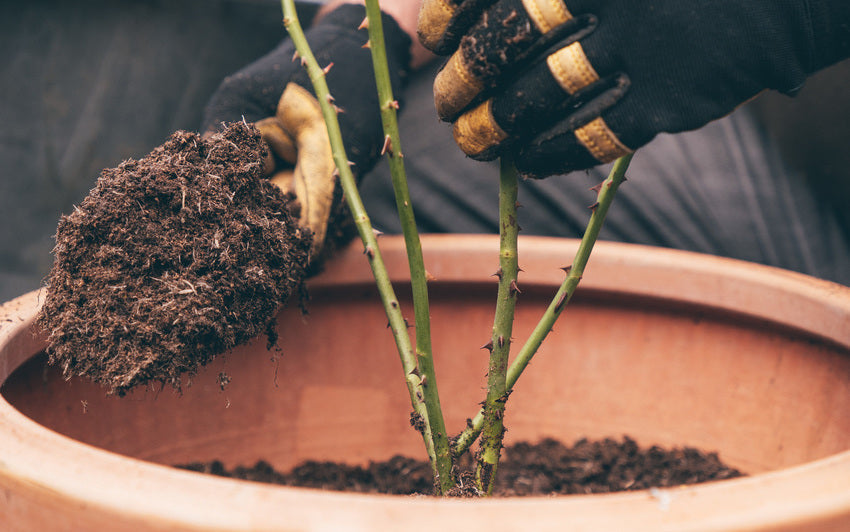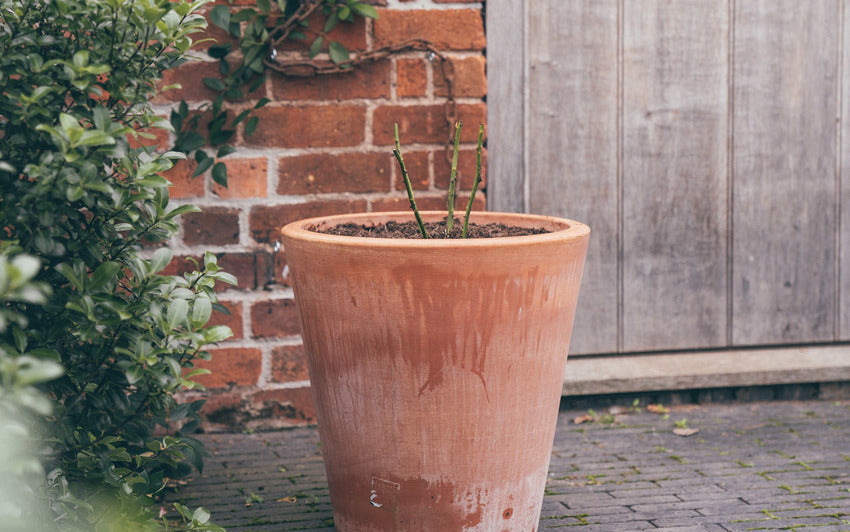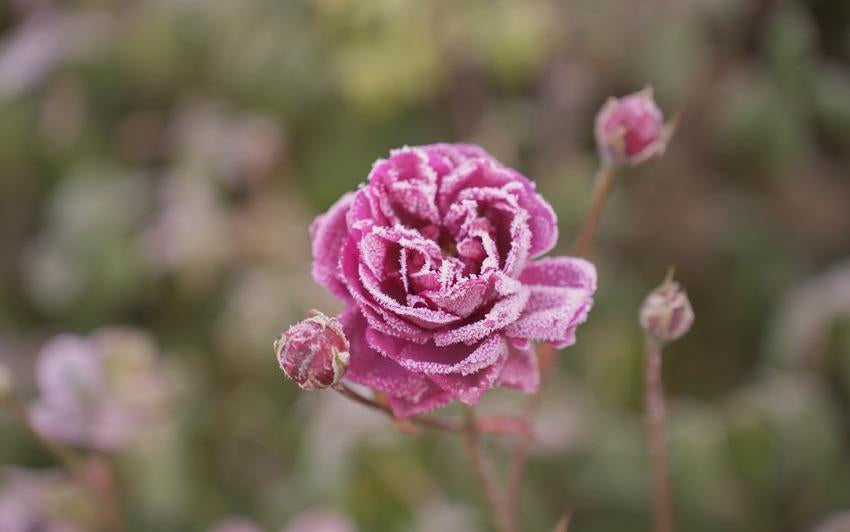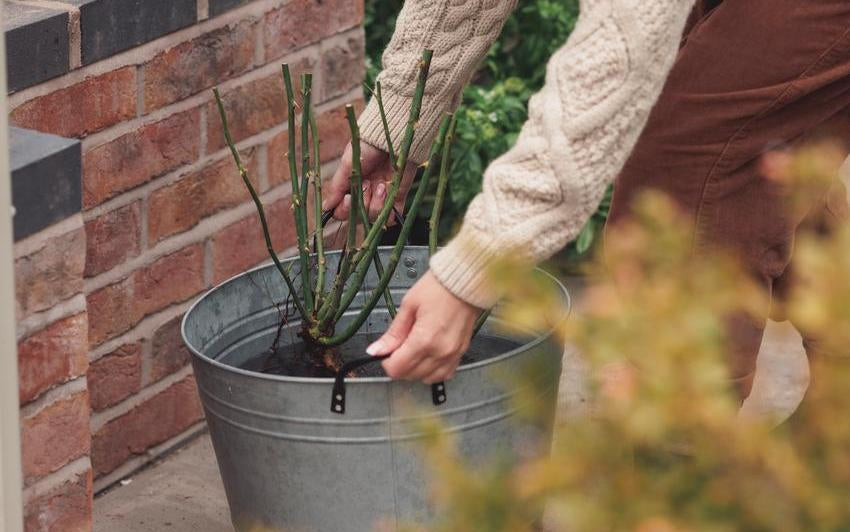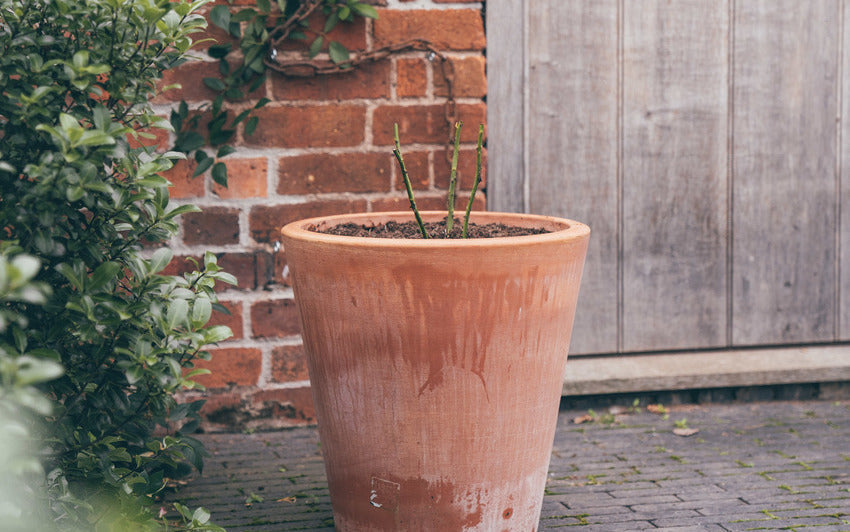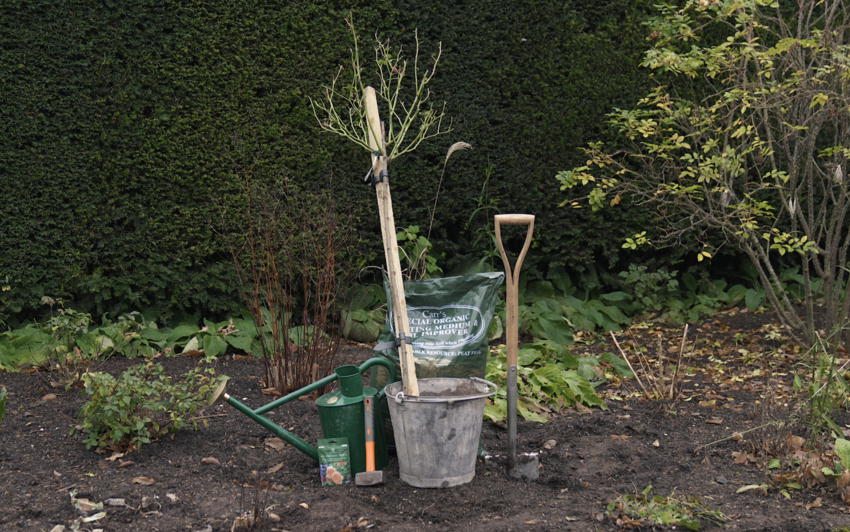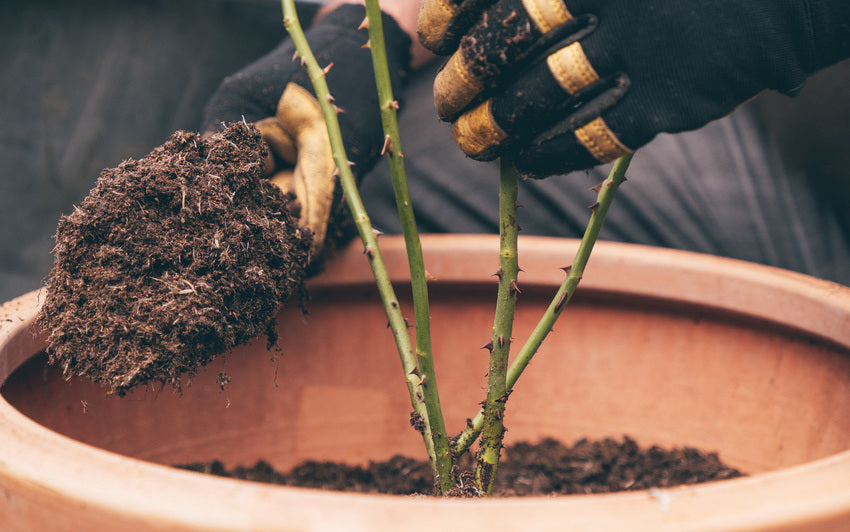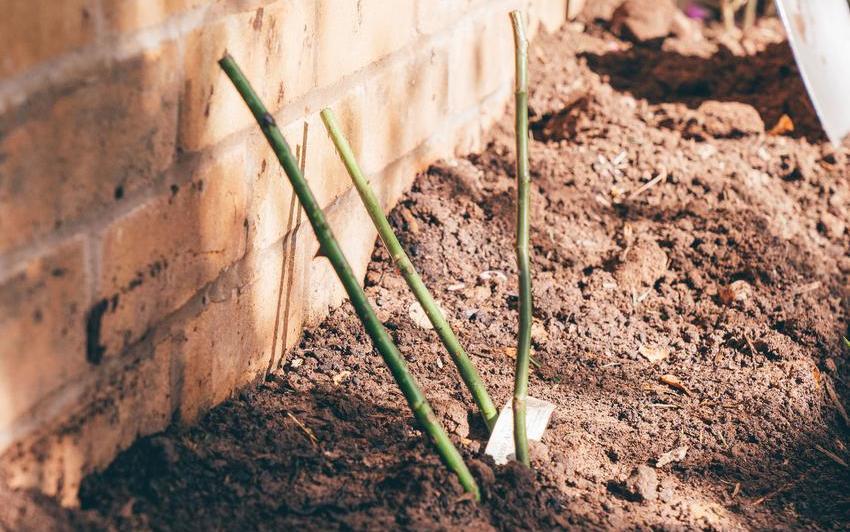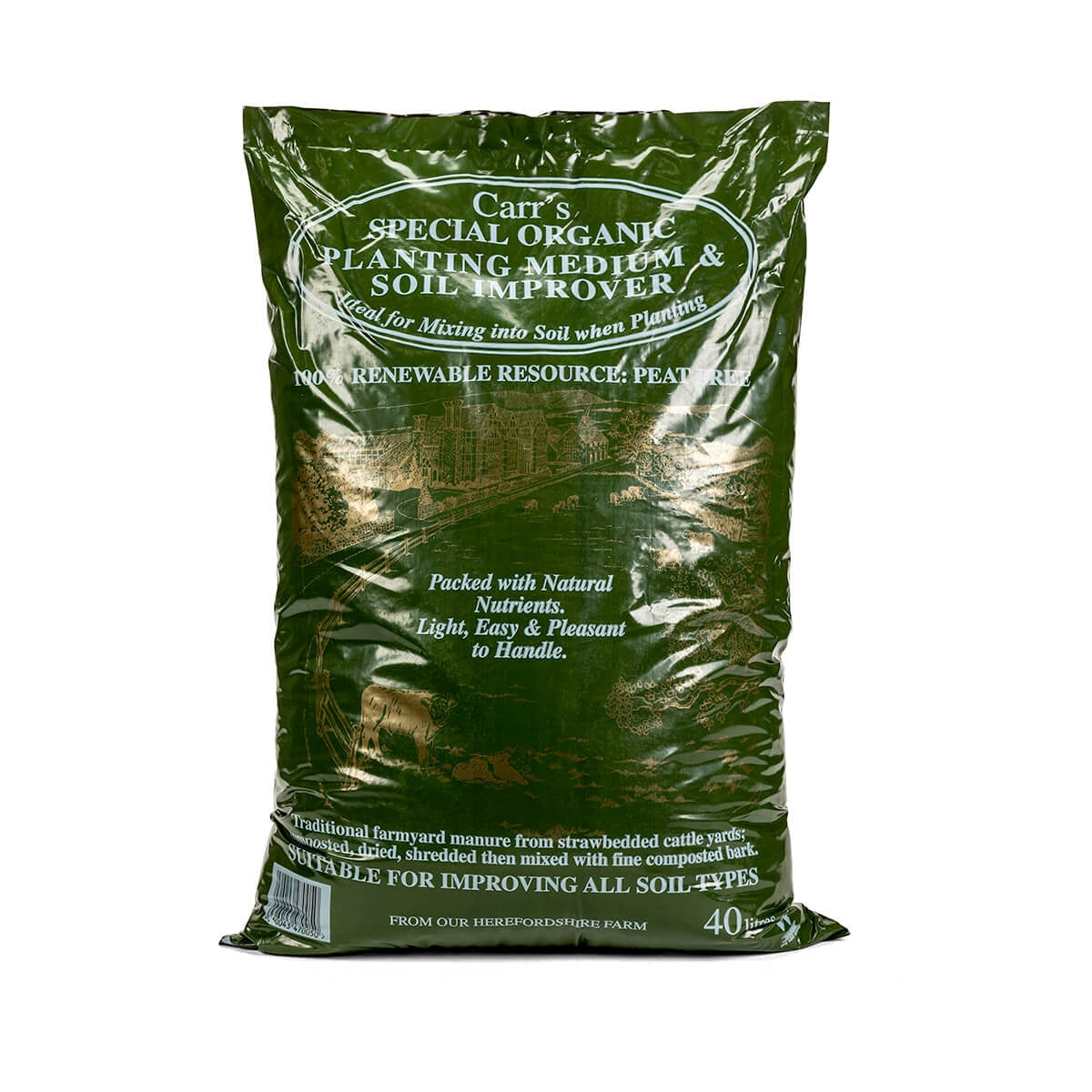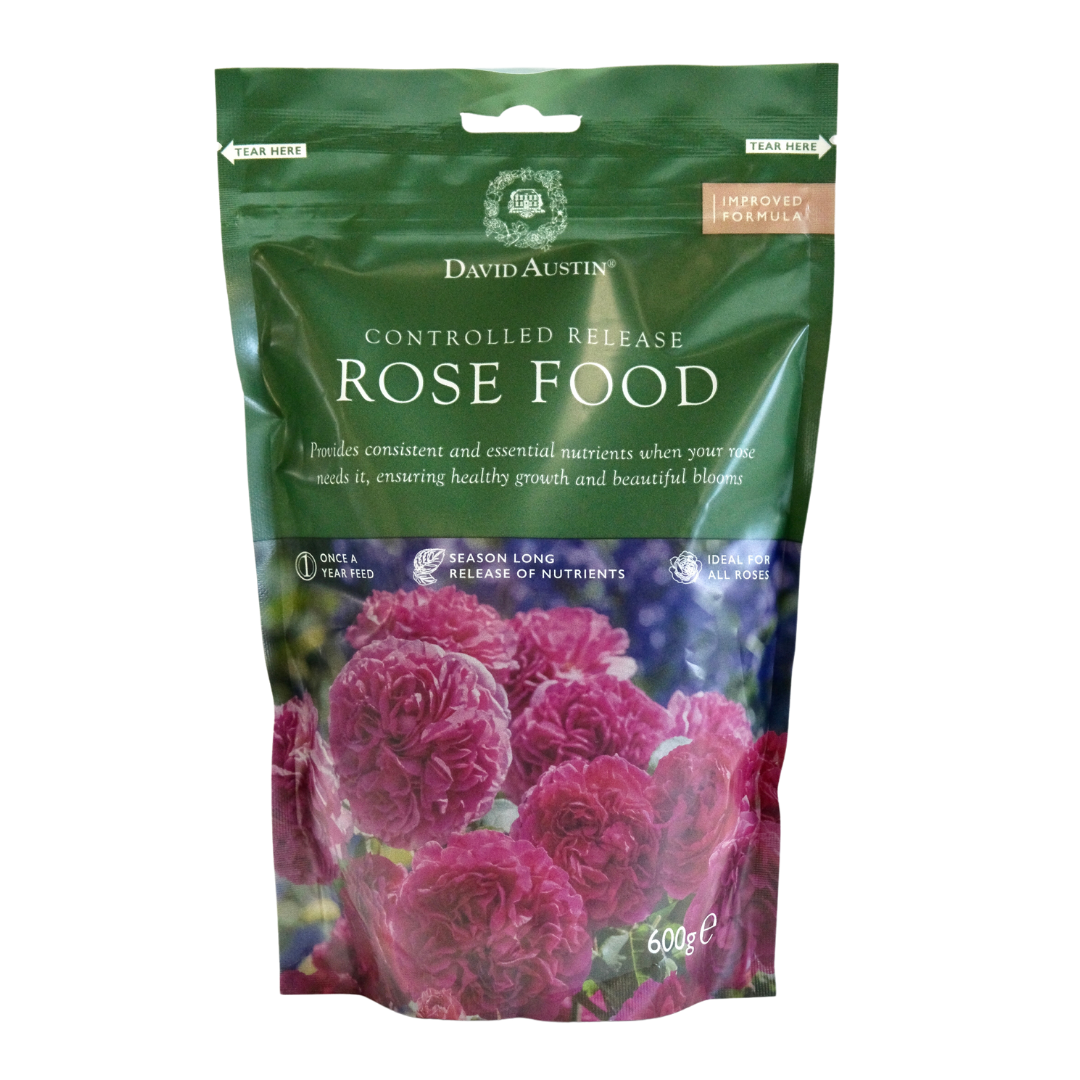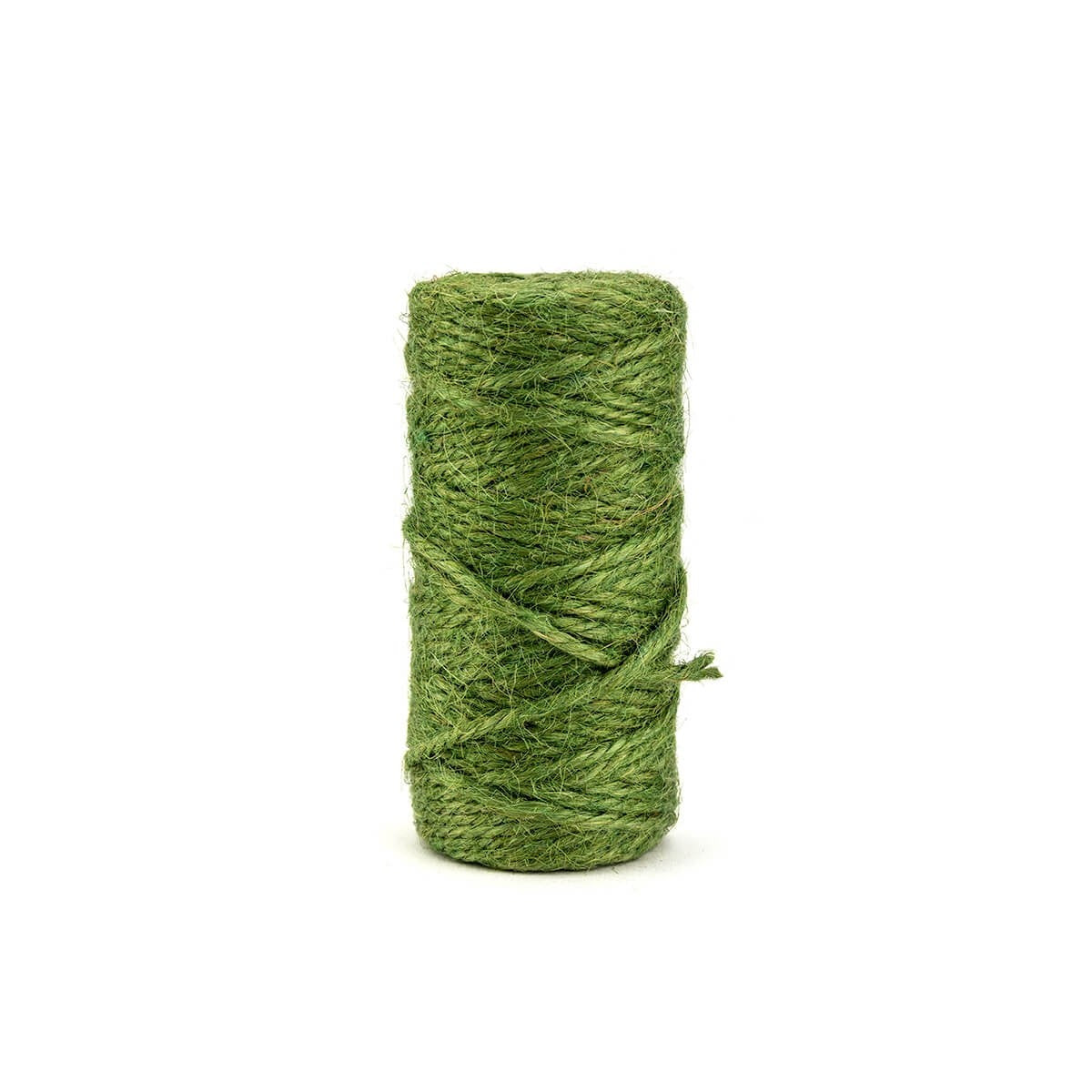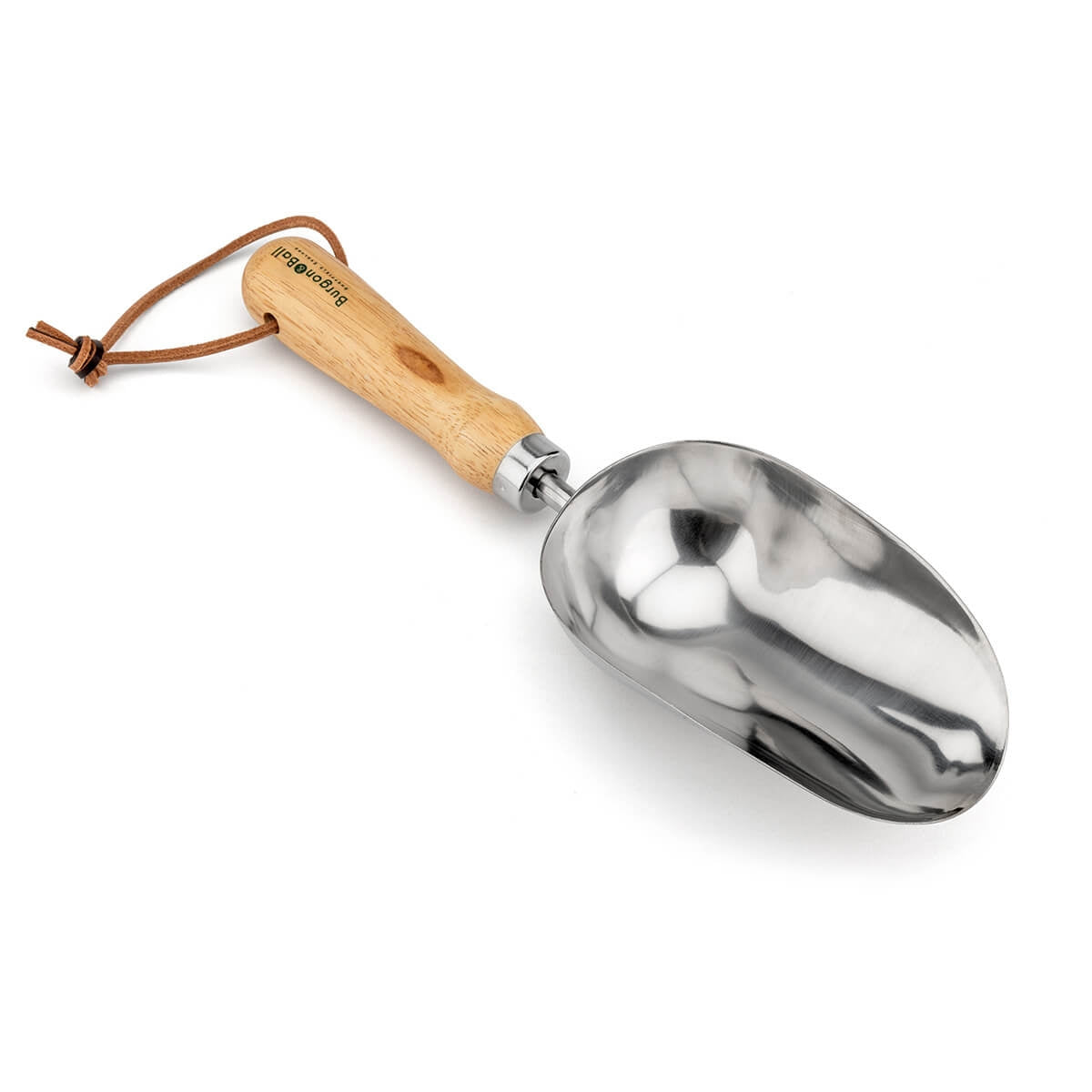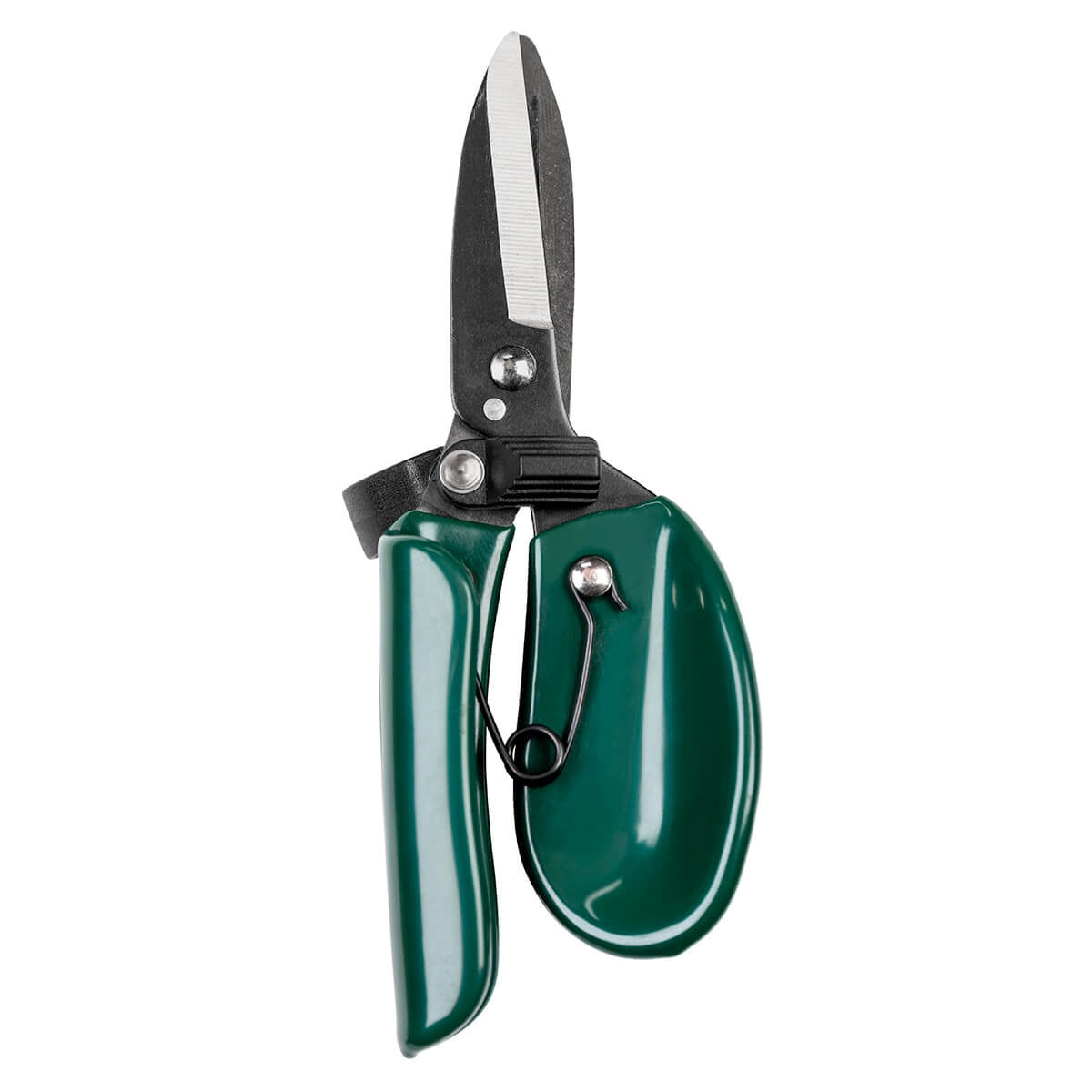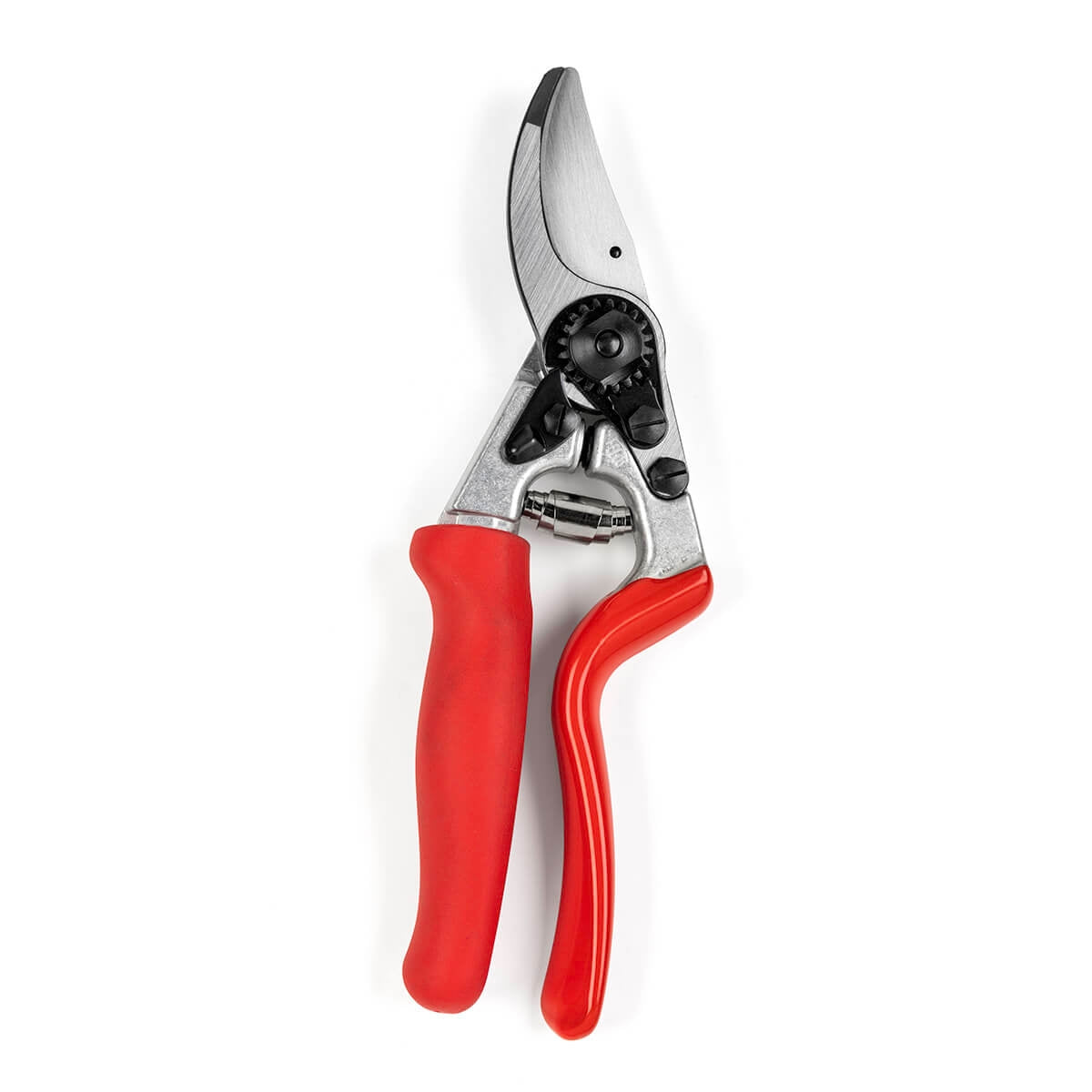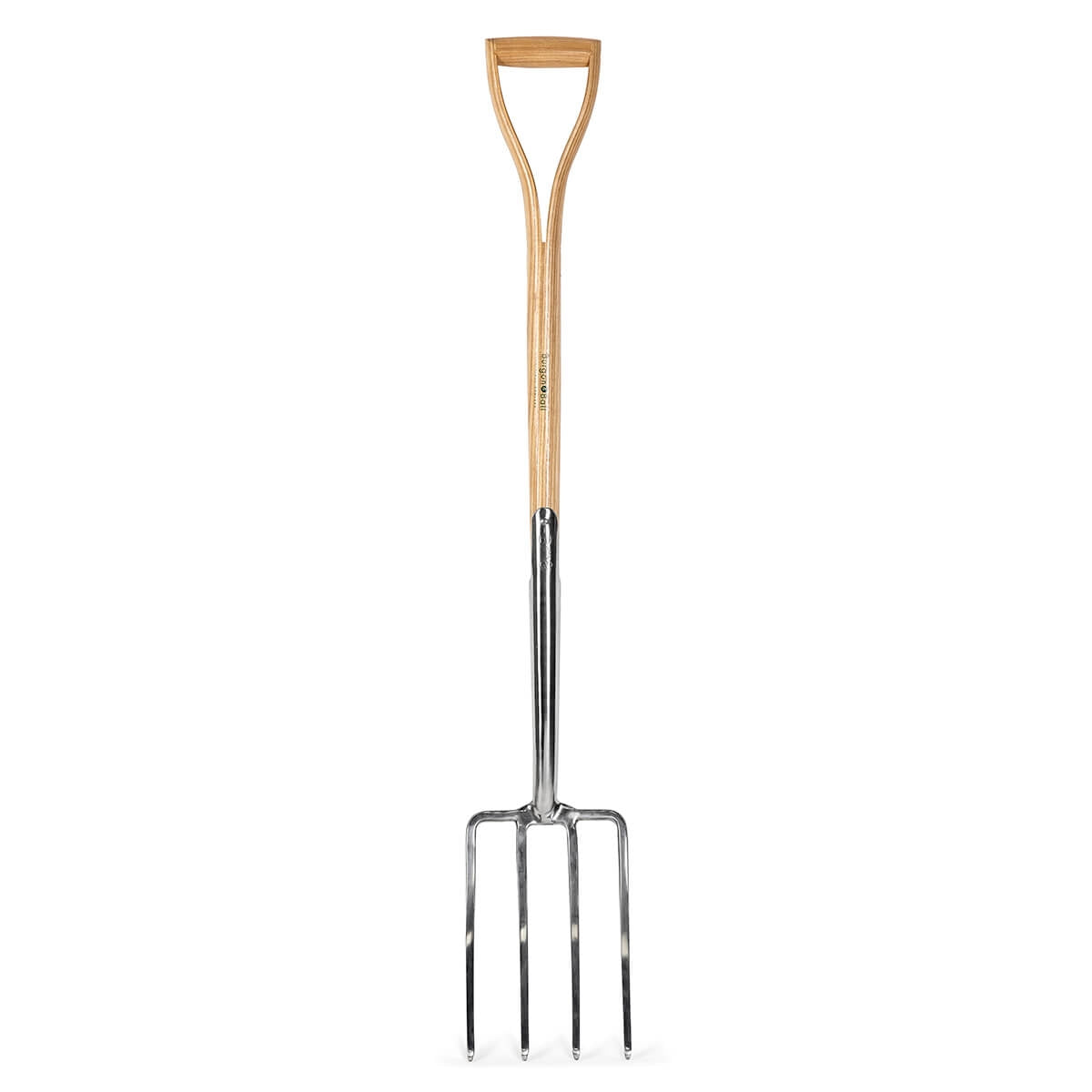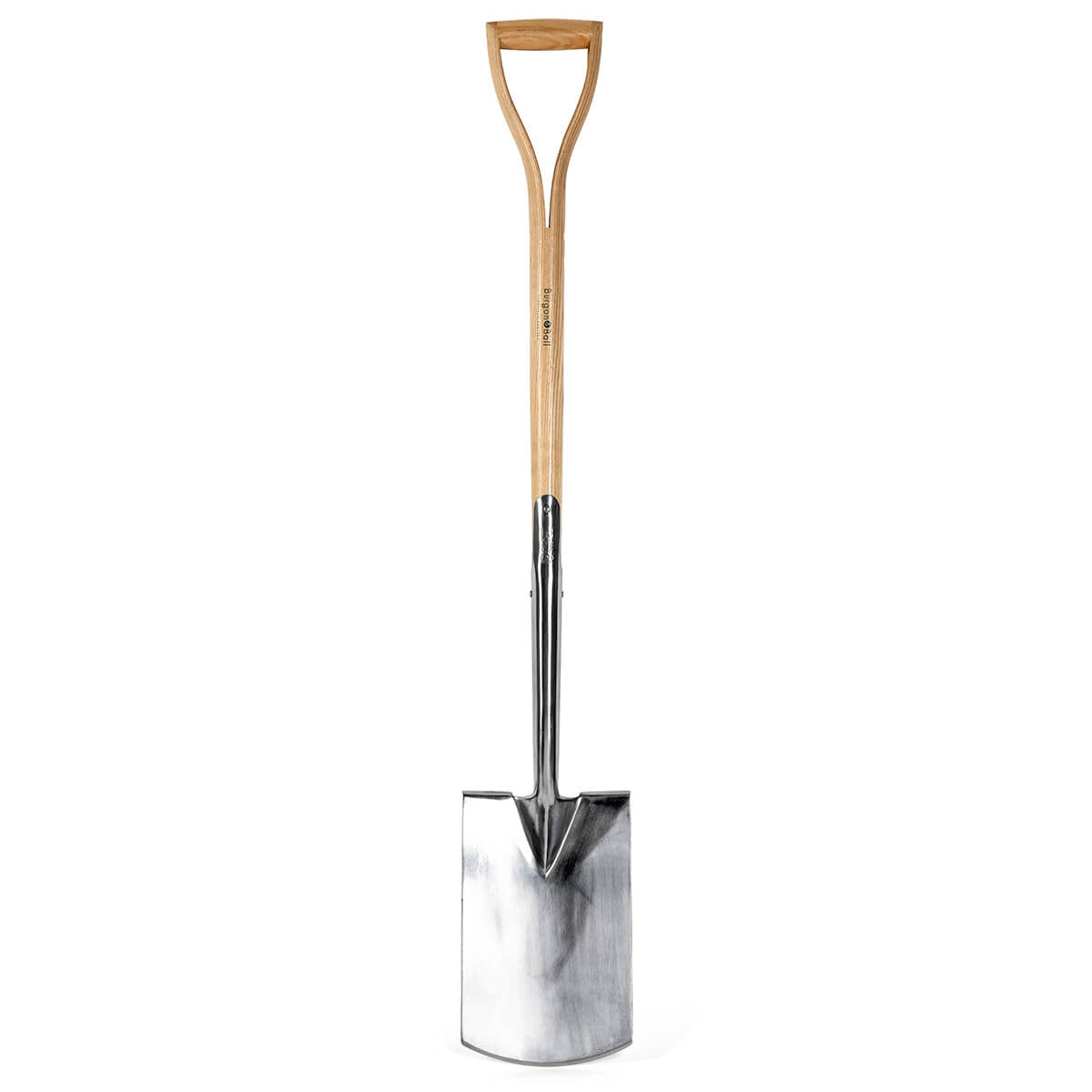Caring for Roses Through Winter
Winter draws a different map across the garden. Borders lose their summer softness, the air grows crisp, and each plant stands in its true form. Roses, perhaps more than anything else, reveal their strength now. Their branches hold the memory of last season’s bloom, and beneath the soil they gather themselves for the next. Looking after them at this time of year becomes less a checklist of jobs and more a steady, reassuring conversation with the season ahead.
Roses in the Ground
As November and December unfold, roses slow their rhythm. Their leaves fall, their stems firm, and their energy moves inward. Dormancy is not sleep but preparation. Nothing is required of you at this stage. Roses accept frost and snow with remarkable resilience, shaped by centuries of breeding and seasons of surviving harsher winters than most of us ever see. Allow them this pause. It is part of their nature.
Winter Pruning
When January and February arrive, the garden stands stripped back to its structure, and rose pruning becomes a welcome ritual. Working on a rose in winter allows you to see its framework clearly, each branch revealed without foliage to disguise it. The aim is simple: remove what is weak, shape what remains, and give the plant a form that encourages light and air throughout the coming year.
If you would like clear guidance as you work, our pruning guides offer step-by-step advice for shaping any rose with confidence.
Mulch Around the Base
Mulching in winter is one of the most generous acts you can offer your roses. A layer around five to ten centimetres deep protects the crown from sudden shifts in temperature and keeps the soil more stable. Compost enriches the ground, well-rotted manure improves structure, and a good soil improver supports moisture retention. Over time, this layer breaks down and feeds the microbial life in the soil, creating conditions where roots thrive.
Mulching does far more than keep roses warm. It sets the foundation for strong summer growth and encourages the deep rooting that keeps roses vigorous year after year.
Water Only if Needed
Winter soil holds moisture well, and most roses require very little water during the colder months. Only water if the weather has been unusually dry for an extended period. When you do, water in the morning so the ground has time to absorb it before temperatures drop again. This small detail matters. Wet soil at night can freeze and heave, unsettling the crown.
Hold Back on Feeding
Roses rest completely through winter. Feeding now would confuse the plant and encourage soft, frost prone shoots. Any energy added at this stage is wasted. Save nourishment for March, when the roots awaken and the plant is ready to draw upon it with purpose. We recommend using a slow release feed such as David Austin Controlled Release Rose Food when the time is right.
For Roses That Bear Hips
Some roses offer their own winter display. Hip bearing varieties develop clusters of rich, glowing fruit that brighten the garden long after flowers have vanished. These hips stand out against bare stems and attract birds seeking food in the colder months. To enjoy them, simply leave the last blooms on the plant toward autumn’s end. The rose will do the rest.
Roses in Pots
Roses in containers experience the winter more directly because their roots sit closer to the cold air. A few considered steps keep them protected and thriving.
Move to a Sheltered Spot
Potted roses benefit greatly from the shelter of a house wall, an overhanging roof or a sturdy fence. These places collect a little warmth and block the worst of the wind. The difference can be considerable, helping the plant hold steady through repeated freezes and thaws.
Insulate the Pot
Wrapping the pot with hessian, thick fabric or bubble wrap creates a layer of still air around the container that slows the transfer of cold into the soil. This simple act helps prevent root damage. Take care to keep the drainage holes clear at the bottom so rainwater can escape freely.
Lift the Pot from the Ground
Raising the pot on feet or bricks keeps the base from freezing against cold stone or soil and ensures that winter rain drains away rather than collects beneath the plant. Good drainage is essential. Roses tolerate the cold far better than they tolerate standing water.
Water Sparingly
As with roses in the ground, potted roses need only the lightest watering in winter. Monitor the soil and water when it begins to dry out, keeping the balance steady and even.
A Season Between Seasons
Winter is often described as the garden’s still point, yet for roses it is a time of preparation. Their silhouettes stand clearly against the low sky. Their roots hold tightly to the soil. Their buds rest along each stem, waiting for the moment when warmth returns. Every action you take now, from a well timed prune to a deep winter mulch, influences the generosity of their flowering in the year to come.
What looks like a season of rest is, in truth, the first chapter of spring. When the days lengthen and the first leaves begin to unfold, you will see the results of your winter care written in the strength of each new shoot and in the abundance of flowers that follow.

